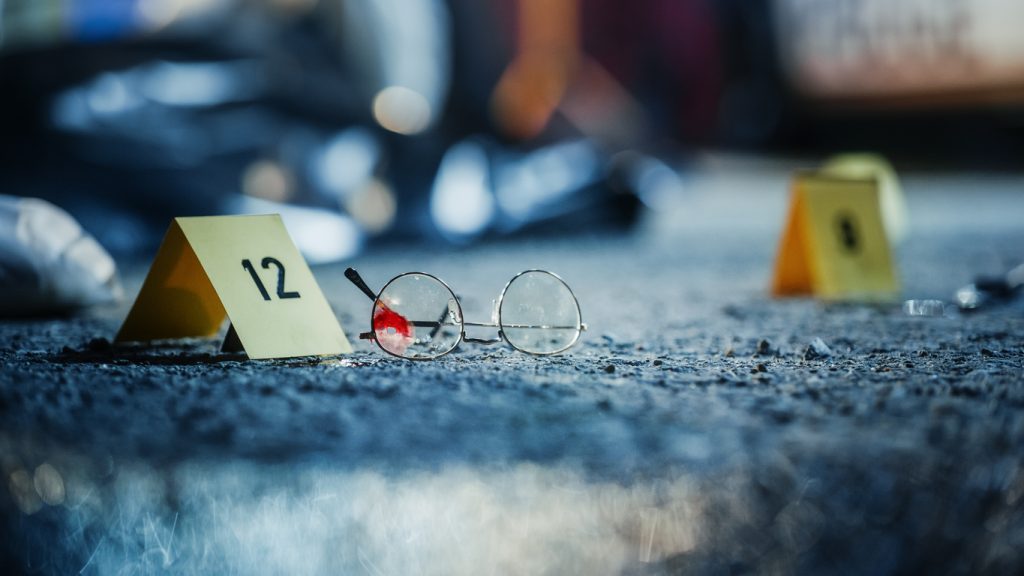Understand Your Rights. Solve Your Legal Problems


When we think of crime scenes, we often picture the dramatic portrayals on TV – yellow tape, forensic teams, and detectives piecing together clues. But what happens after the investigators leave? Enter the unsung heroes of the aftermath: crime scene cleanup professionals. While their work is crucial, it's fraught with legal complexities that many don't consider. Here's the legal maze these specialists must navigate.
Crime scene cleanup isn't just about strong stomachs and attention to detail – it requires a thorough understanding of the law. From the moment these professionals step onto a scene, they're walking a tightrope of legal obligations and potential pitfalls.
First comes the paperwork. Many jurisdictions require specific licenses and certifications. It's not just about proving you know how to clean – it's about demonstrating you understand the unique challenges and responsibilities of this sensitive work. Operating without proper credentials can lead to serious legal consequences, including fines and even criminal charges.
One of the most critical aspects is dealing with biohazardous materials. Strict regulations govern how these materials must be handled, transported, and disposed of. Cutting corners isn't an option for professional cleanup services. Violations of health and safety regulations can result in hefty fines, loss of licenses, and, in severe cases, criminal charges.
For specialized cleaners, such as Bio Recovery biohazard cleaning services, the stakes are high, and the margin for error is slim. Their expertise in navigating these complex regulations is crucial to ensuring safe and legally compliant cleanup operations.
Crime scenes are deeply personal spaces. Cleanup crews often find themselves surrounded by personal effects and sensitive information. They must do their job thoroughly while respecting privacy. Sharing details about a crime scene or the victims, even unintentionally, could lead to violations of privacy laws.
While the main evidence collection is typically completed before cleanup begins, there's always the possibility that something was missed. Cleanup professionals need to be vigilant, ready to halt their work, and alert authorities if they discover potential evidence. Disturbing or destroying evidence, even accidentally, could interfere with an ongoing investigation – a serious legal issue.
The Occupational Safety and Health Administration (OSHA) sets strict standards for how these companies must protect their workers. Proper training, appropriate protective equipment, and adherence to safety protocols aren't just good practices – they're legal requirements. Companies that fail to meet OSHA standards can face significant fines and potential lawsuits from injured workers.
Most jurisdictions mandate that cleanup companies carry specific types of insurance coverage. This might include general liability insurance, workers' compensation, and specialized biohazard cleanup insurance. Operating without proper insurance is a risky game that can lead to massive costs if something goes wrong, not to mention potential loss of licenses and legal action.
Every job starts with a contract, and these aren't just formalities – they're legally binding documents. Failing to fulfil contractual obligations can lead to breach of contract claims. This isn't just about doing a thorough cleaning job. It might involve meeting specific deadlines, using particular cleaning methods, or achieving certain standards of cleanliness.
The responsibilities don't end at the property line. Improper disposal of hazardous materials isn't just a health risk – it's an environmental hazard that can lead to serious legal consequences. Environmental laws are stringent when it comes to the disposal of biohazardous waste and chemicals. Violating these regulations can result in significant fines, legal action from environmental agencies, and even criminal charges in severe cases.
Before any cleanup can begin, proper authorization is crucial. Entering private property without permission – even to clean up – could be considered trespassing. Cleanup companies must ensure they have explicit consent from the property owner or the appropriate legal authority before beginning their work.
The legal implications don't end when the job is done. If a cleanup is inadequate, leading to health issues for future occupants of the space, the cleanup company could face serious liability claims. This underscores the importance of not just doing the job but doing it right. Thorough documentation of the cleanup process, adherence to industry standards, and ongoing education about best practices are all crucial in mitigating this long-term legal risk.
Crime scene cleanup is more than just a cleaning job – it's a vital service that helps communities heal and move forward after traumatic events. But as you've seen, it's a field laden with legal complexities and responsibilities.
Understanding these legal implications ensures that this crucial work can continue to be carried out effectively, safely, and with respect for all involved. It's a testament to the complexity and importance of a profession that operates in the shadows of tragedy, helping to restore normalcy while navigating an intricate legal landscape.





